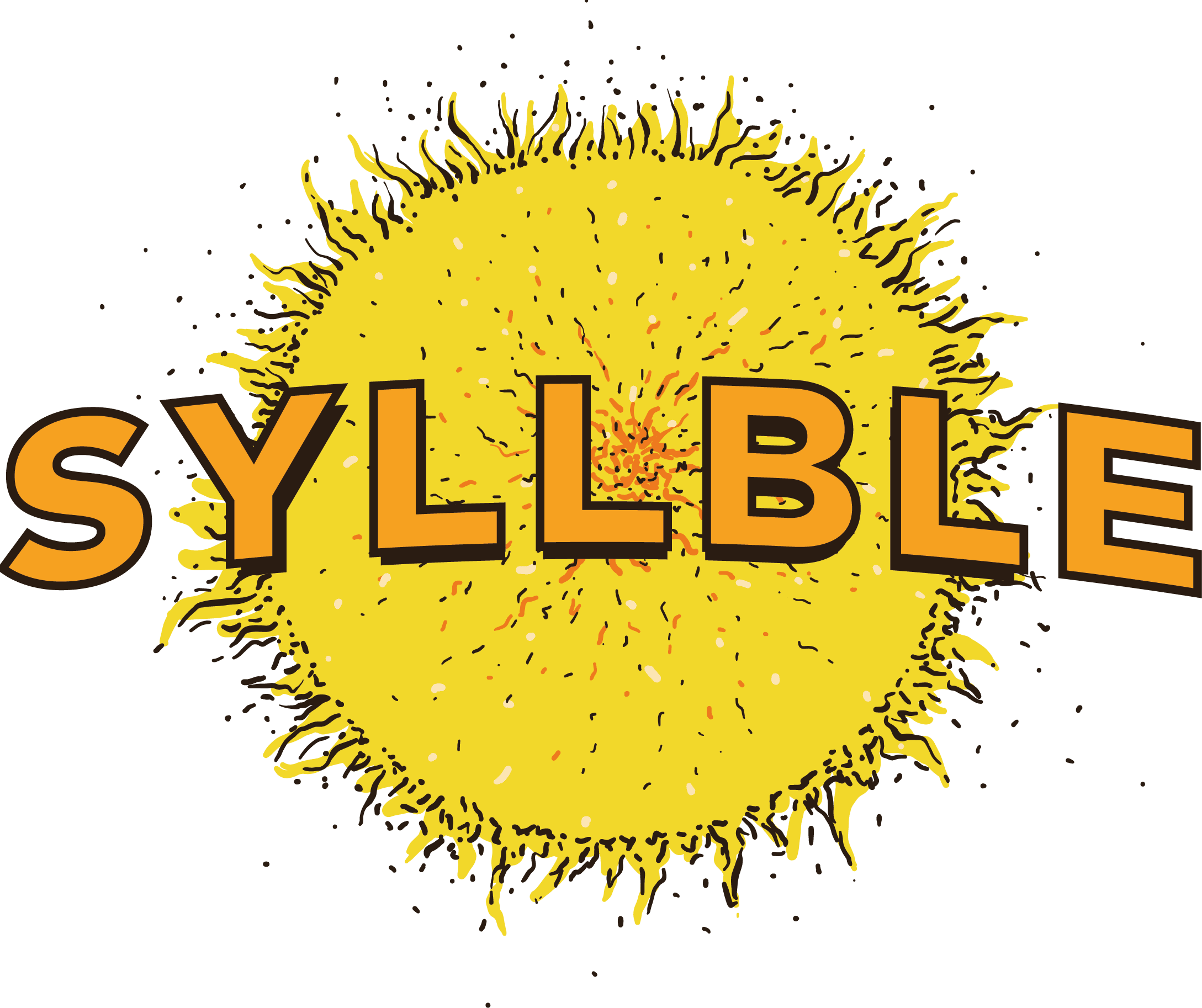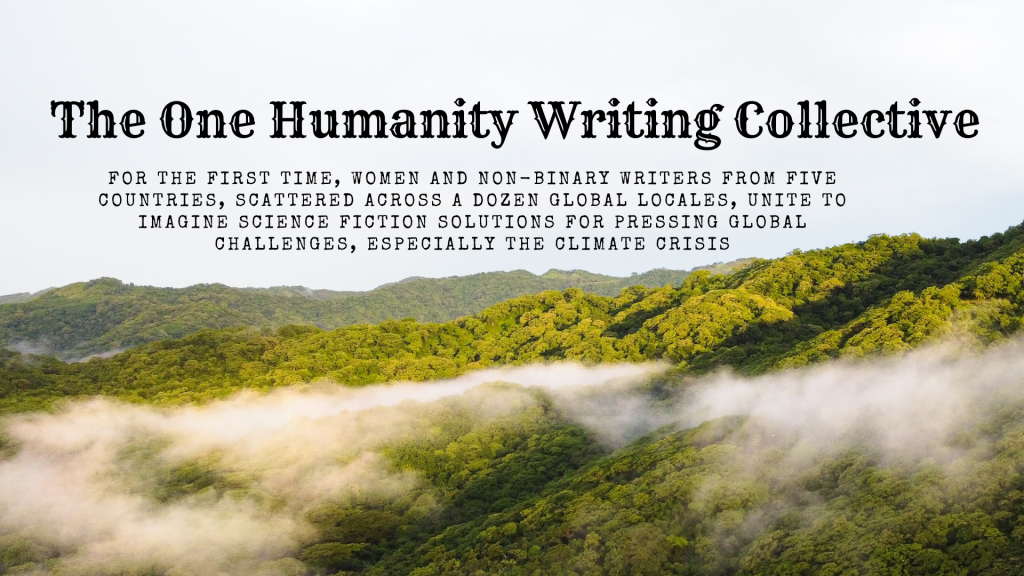
The Creators

Laura E. Goodin is American-born, Australian-resident author Laura E. Goodin has been writing since childhood, and has at various times made a living as a reporter, editor, public-relations writer, media manager, technical writer, trainer, web-content developer and freelance writer. She attended the 2007 Clarion South workshop, and holds a PhD in creative writing from the University of Western Australia. Her novels are published by Odyssey Books. Her stories have appeared in numerous publications, including the Review of Australian Fiction, Michael Moorcock’s New Worlds, Andromeda Spaceways Inflight Magazine, Adbusters, Wet Ink, The Lifted Brow, and Daily Science Fiction, among others, and in several anthologies. Her plays and libretti have been performed on three continents, and her poetry has been performed internationally, both as spoken word and as texts for new musical compositions. She is a co-editor-in-chief of Fafnir – Nordic Journal of Science Fiction and Fantasy Research, the first academic journal to win a World Fantasy Award (2020)
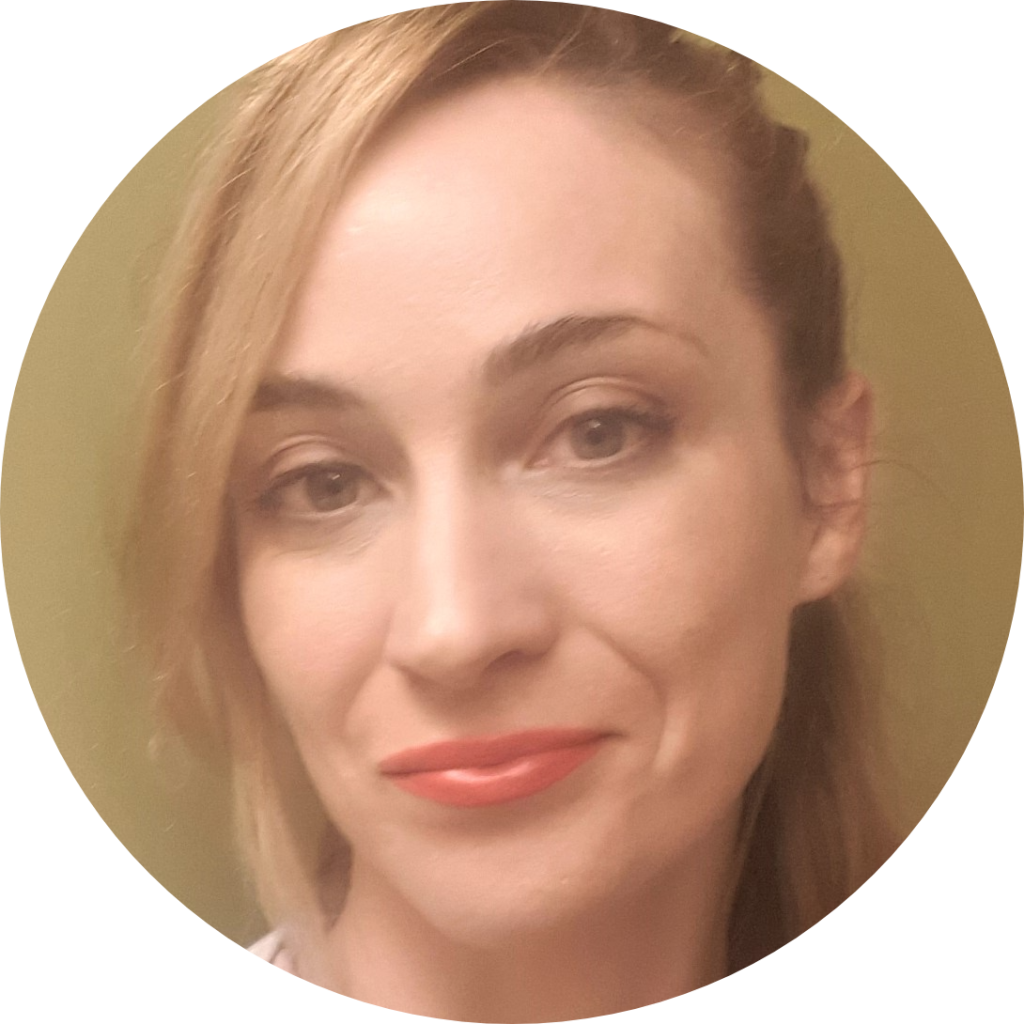
Lianda Burrows is in her final year of a PhD in Literature at James Cook university Queensland. She has published fiction and creative non-fiction in several high-ranking Australian publications, taught creative writing, and won several academic awards in English literature
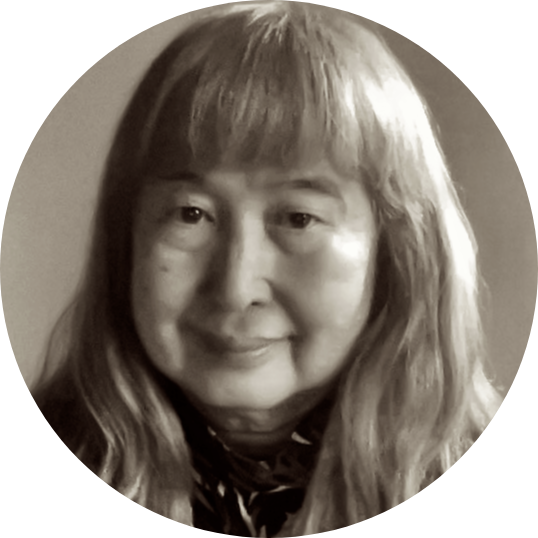
Pat Matsueda is the managing editor of Mānoa: A Pacific Journal of International Writing. She received the Elliott Cades Award for Literature for her poetry; her collection Stray was published by El León Literary Arts and Mānoa Books. Her latest books are Bedeviled: A Novella and Bitter Angels, a poetry chapbook. She has edited the anthology series Ms. Aligned: Women Writing About Men and the ezine Vice-Versa. She is based in Honolulu, Hawaii
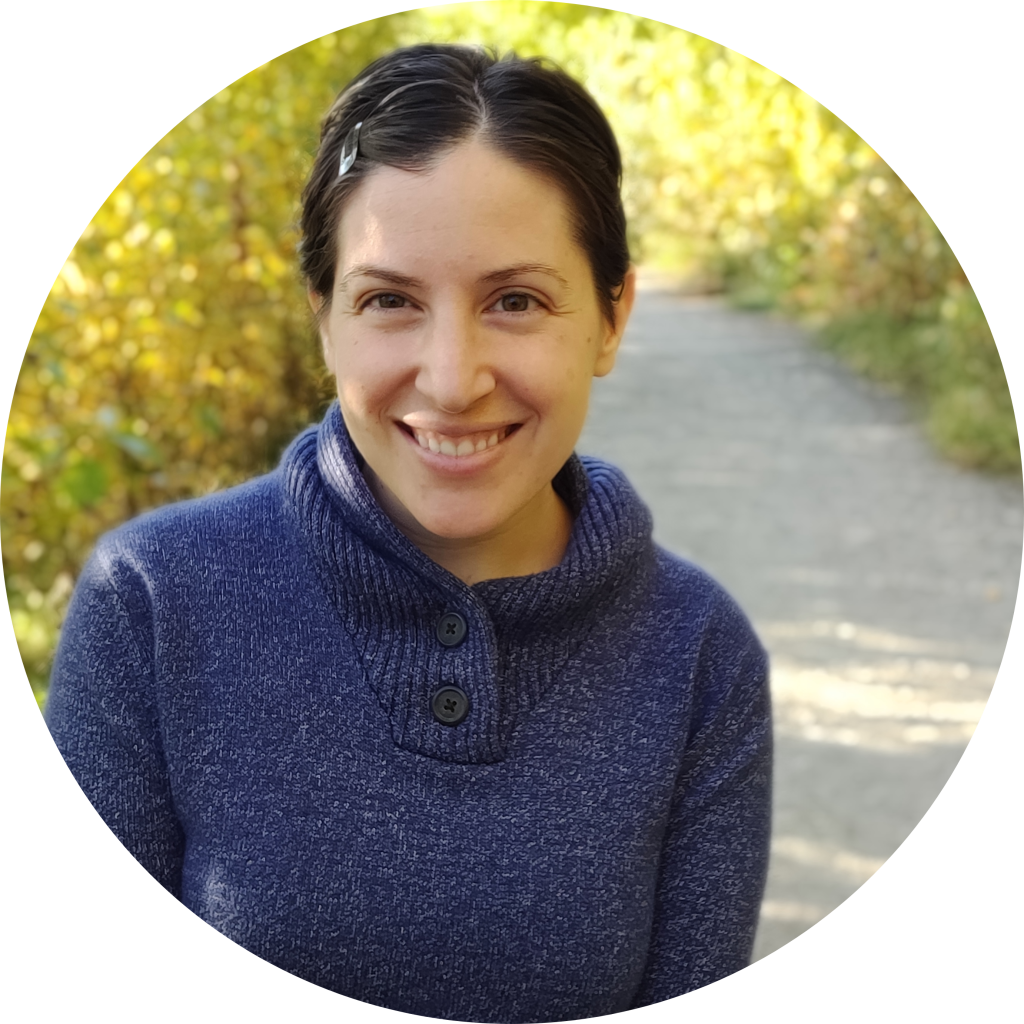
Kristen Ritter is a graduate of the Vermont College of Fine Arts MFA program and has an undergraduate degree in English from Vassar College. Awards and honors include the Alaska State Council on the Arts Literary Award, a Brazilian literature research grant, the Ham Humor Award, first place in the ADN/UAA Fiction Contest, and a finalist place for the Hunger Mountain Chapbook Series. She is a member of the Alaska Writers Workshop Residency with Theater Alaska
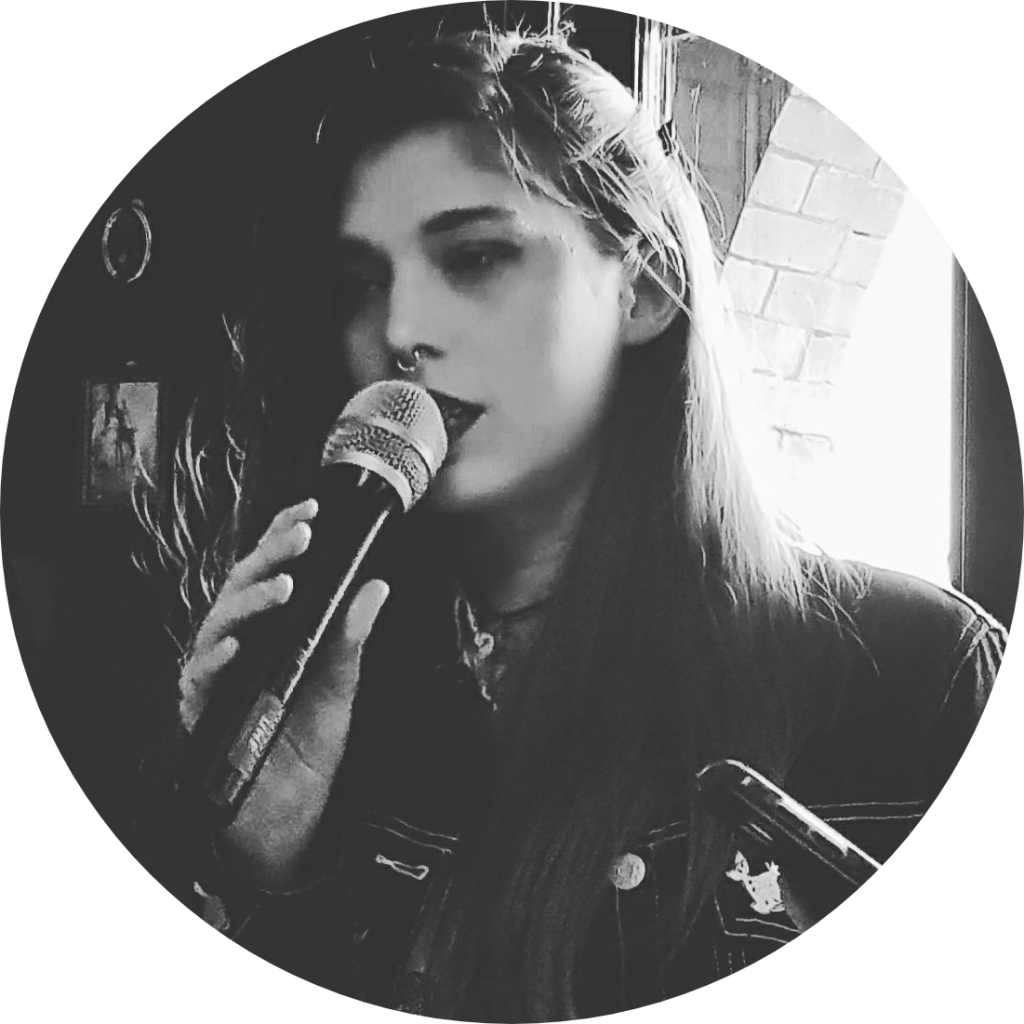
Hester J. Rook is an Australian Shadows Award-winning and Rhysling Award-shortlisted poet, fiction writer and co-editor of Twisted Moon Magazine. They are often found salt-scrunched on beaches, reading arcane tales and losing the moon in mugs of tea
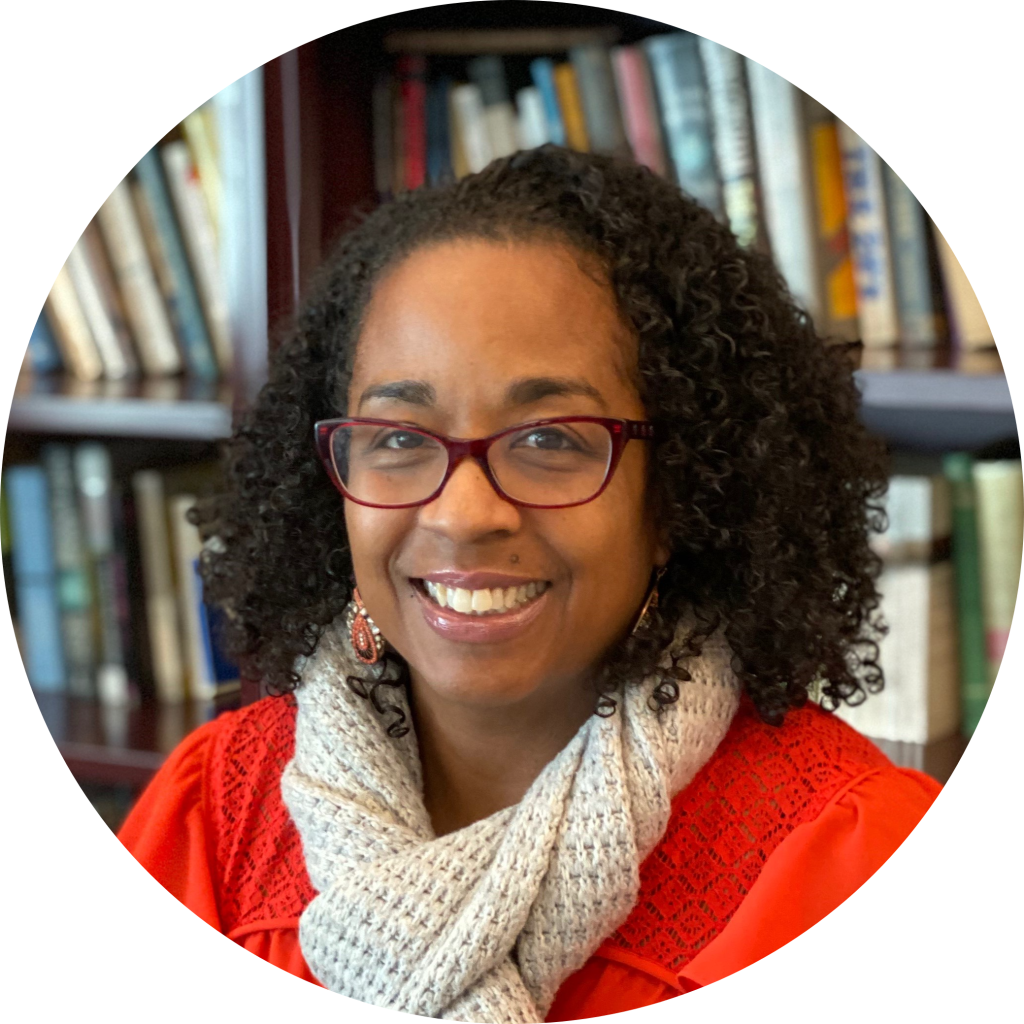
Nina Gibson is a struggling poet, forceful writer and the author of a historical fiction novel in need of representation, “We Were Once Here & Then We Were Gone.” A Professionally trained student, Nina has spent the last decade reading historical fiction novels, memoirs and thrillers. She holds a Master’s degree in English with a concentration in Creative Writing from Loyola Marymount University. She gets her magical side from the goddesses of Africa and her romantic side from Korean dramas. She is currently pursuing her Ph.D. at the University of Hawaii Manoa
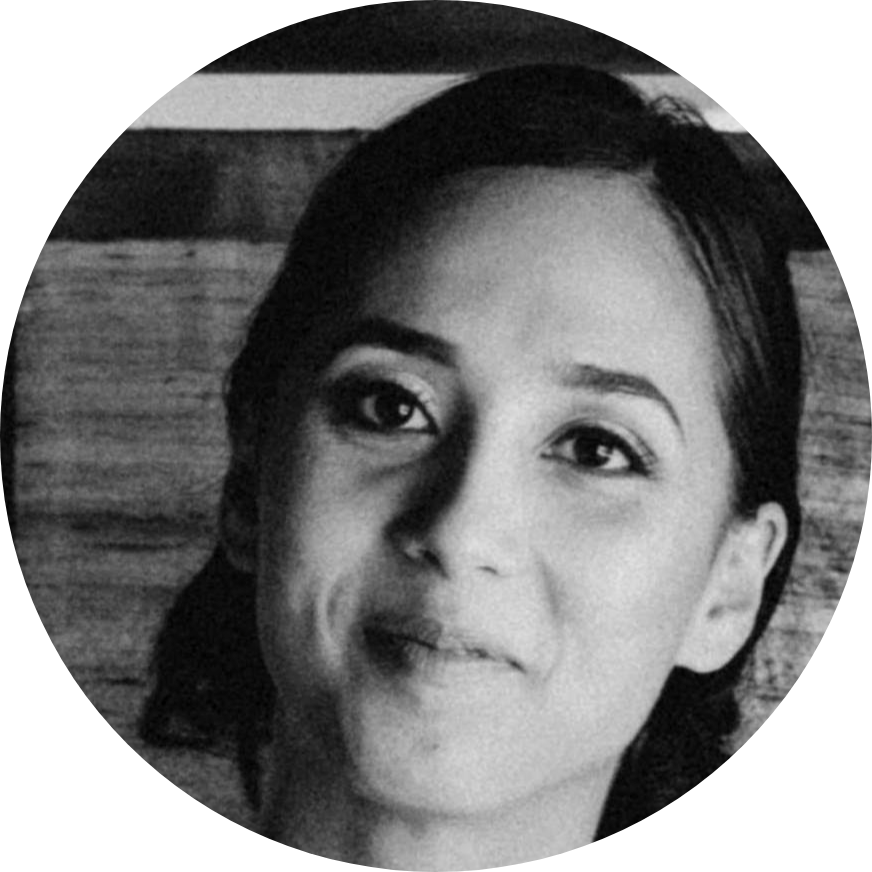
Natalie Schack is a professional journalist in Honolulu for the past decade, writing about the many fascinating people, makers, creatives and innovators in her community. She has work in major publications such as Honolulu Magazine, Flux, Hana Hou! Magazine, Hawaii Magazine, Hawaii Business Magazine, Pacific Edge, Green Magazine, Hawaii Luxury, and more, as both a contributing writer, as well as staff member and editor. Her passion for writing, however, started long before my career, as far back as a feature editor at her high school’s award-winning school newspaper, and as contributing writer at her university’s literary magazine and newspaper in Boston. Natalie is currently pursuing my MA in Creative Writing at the University of Hawai’i. She hopes to use all of these experiences to help inform her work as a fiction writer, and is currently focusing on producing a collection of short stories that dive into and celebrate local Hawai’i culture, and all the magic, complexity, richness and diversity found therein
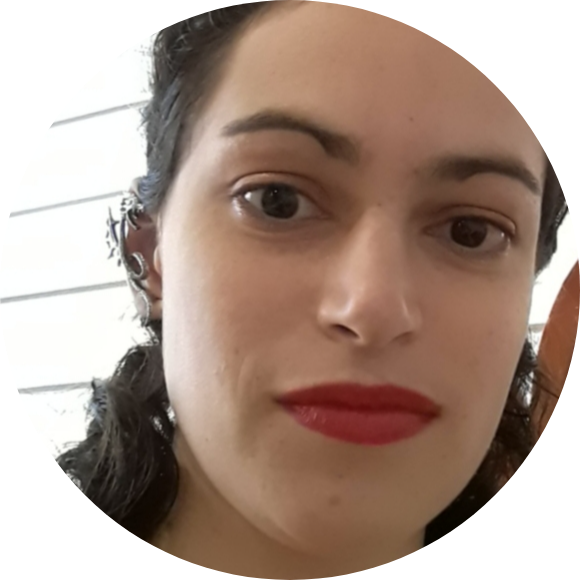
Paulinette Quirindongo is an aspiring writer from the Island of Puerto Rico. Her family has nicknamed her as the human walking enciclopedia. Mom of three cats and a dog. On February 2015, published a microfiction, Rebirth of Richard Adams. Then in March 2018, published her first book, Rosario Ferré. Later, on August 2019, published her first short story, The Coming of the End Times, and on November, her second short story, Chronicles of a Hurricane-Apocalypse.She participated in two book fairs in 2020, 1st Summer Book Fair MiLibroHispano 2020 virtual fair and in the Third Hispanic Heritage Book Fair. She’s a member of Mi Libro Hispano from the Hispanic Heritage Literature Organization. Her favorite holiday is Halloween.
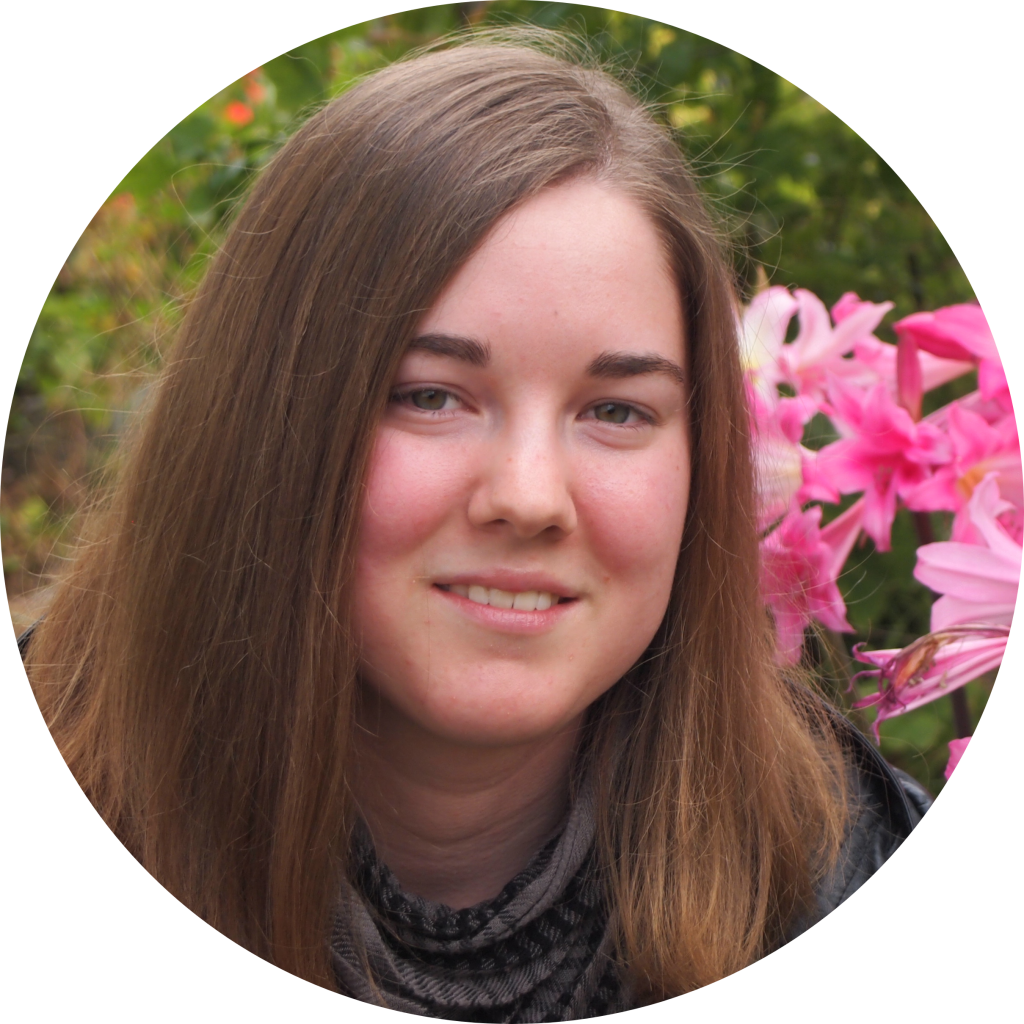
Caylee Tierney writes young adult fantasy fiction that explores themes including identity, truth and freedom. She is currently completing a PhD in English at the University of Tasmania. Her research sits at the intersection of popular fiction studies, publishing studies and children’s literature, and focuses on children’s fantasy series. She aims to use what she’s learning in her PhD about storytelling conventions, writing craft and the publishing industry to help her build a career as an author. Her short fiction has appeared in Aurealis #140 and the Romance Writers of Australia’s Sweet Treats: Cupcake anthology, and her academic work is featured in the Australian Humanities Review #66
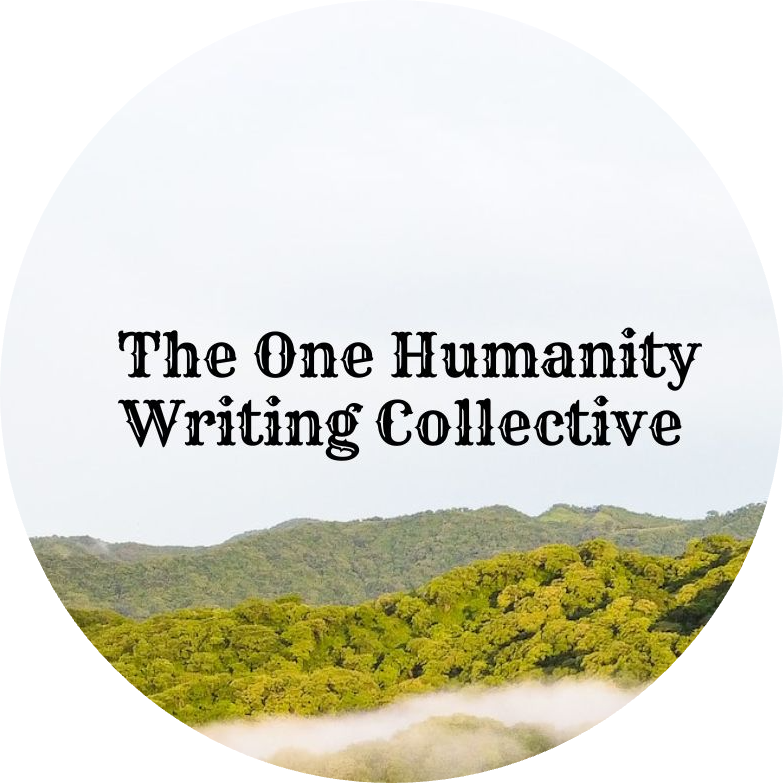
Rosa Martelletti is a non-binary creative writer based in Wellington, New Zealand. (Not Pictured)
SECOND YEAR COHORT
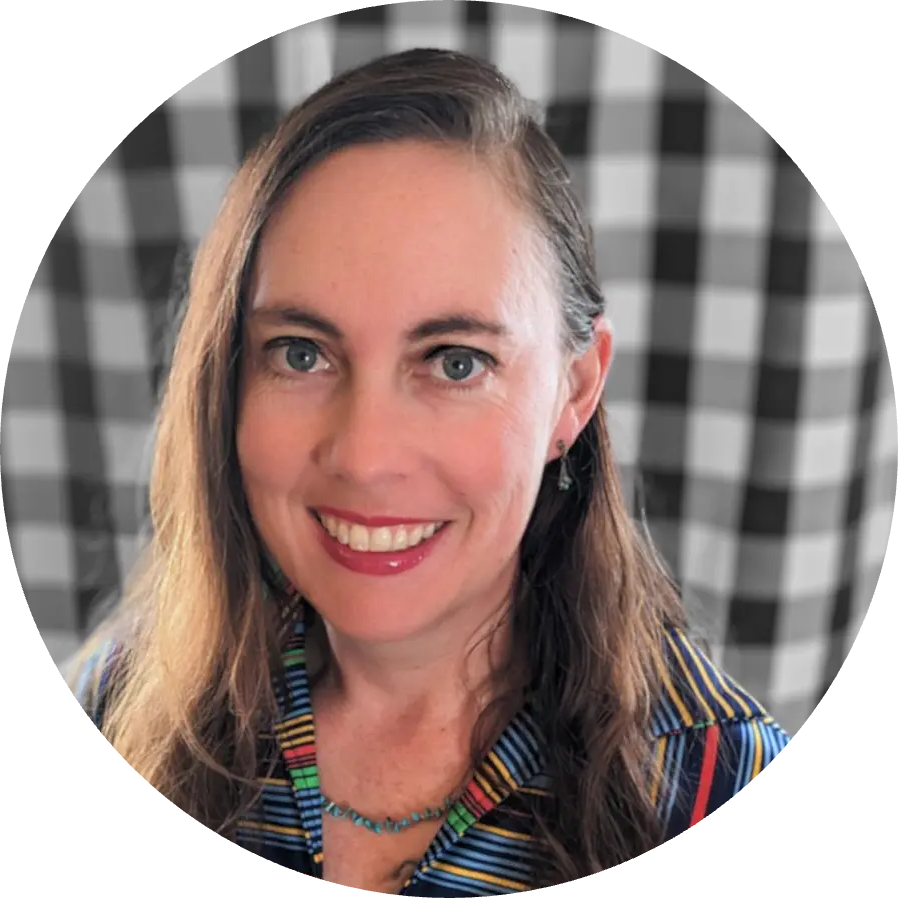
C.B. Calsing is a native of the Central Coast of California. She taught school in various positions for nearly twenty years and has been involved in epublishing since 2004. After living in New Orleans and on the Island of Hawaii, she’s returned to California, calling the lovely Kern River Valley home for now. She possesses a master’s in fiction writing from the Creative Writing Workshop at the University of New Orleans and writes in several genres and lengths. Her husband, dog, and cooking bring her joy. Find more information at her blog: cbcalsing.blogspot.com.
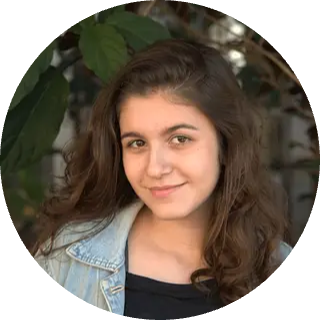
Ligia Anjos is a 23 years old Brazilian Woman. She is a Designer with a very broad training background, coming from a graduation that studies media, philosophy and sociology related to communication and investigates new technologies, which allows a horizontal thinking about the problems we face. She has already carried out different works in audiovisual and cultural production, having participated in festivals and exhibitions. Ligia studied image and technology and was part of the Interdisciplinary Research Group on Deviant Art, Science and Technologies (ACTlab) at Campinas State University in Brazil.
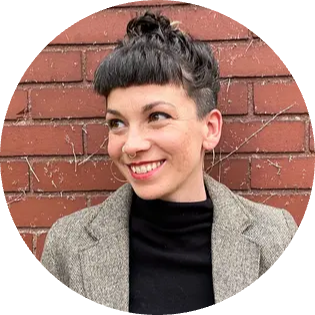
Rose Himber Howse is a queer writer from North Carolina and a current Wallace Stegner Fellow in fiction at Stanford University. She’s also a recent graduate of the MFA program at the University of North Carolina at Greensboro, where she served as fiction editor of The Greensboro Review, and was a 2021-2022 Steinbeck Fellow in fiction at San Jose State University. Rose’s fiction and essays appear in Joyland, The Carolina Quarterly, YES! Magazine, Sonora Review, and elsewhere.
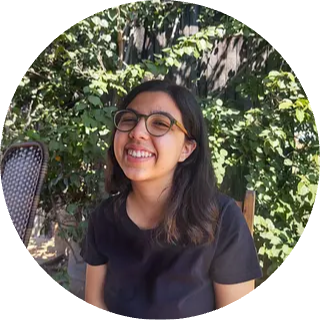
Beatriz Villela Baptista lives in Louveira, Brasil. She studies at Midialogia Unicamp as a a social communications major. She is very interested in writing, books, tv shows, cinema and music.
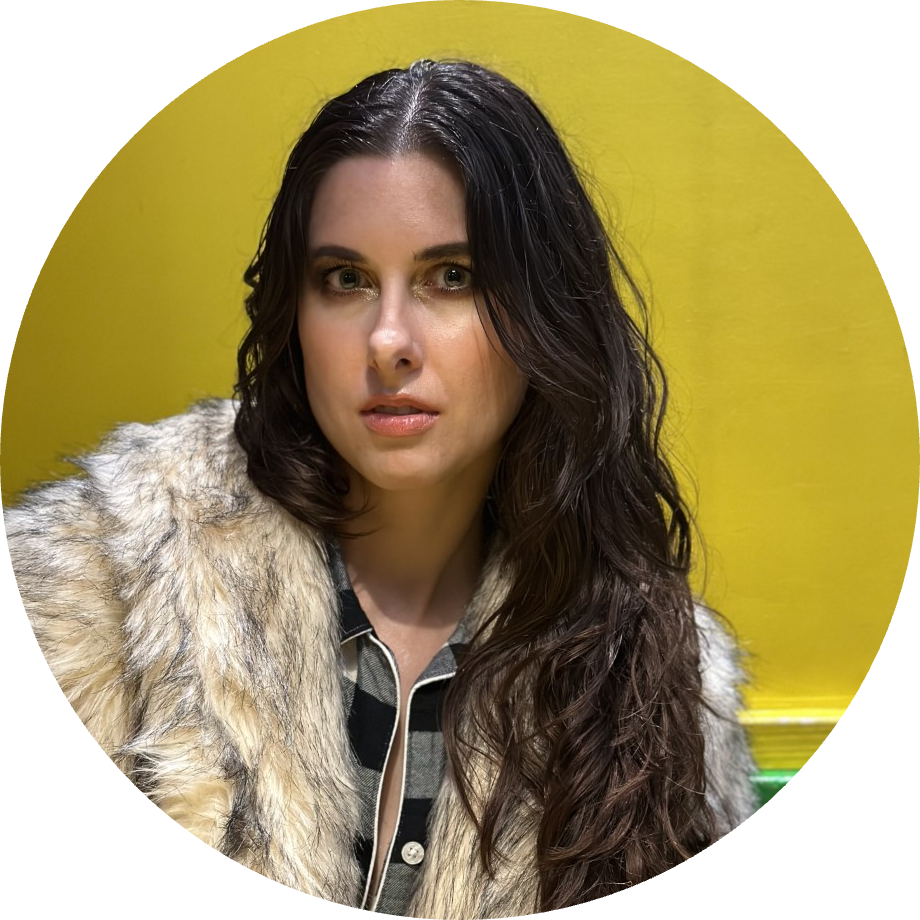
Elyse Hauser is a writer from the Pacific Northwest who studied creative nonfiction at the University of New Orleans. As an emerging environmental essayist and journalist, she focuses on aquatic ecosystems, especially the deep sea and protecting the unknown. She writes about deep sea mining at notesfromthedeep.substack.com.

Dani Sou is a multiartist based in São Paulo, Brasil. She has worked as a music, video and cinema director, as an actress, dancer, vocal artist and writer. During her masters’ degree, she researched how the sounds of nature (thunders, wind, forest sounds) and the female voice can provide rich elements for a soundtrack as well as a powerful sonic atmosphere for stage performers. She is also graduated in Language and Literature and has written short stories, poems, songs and screenplays.
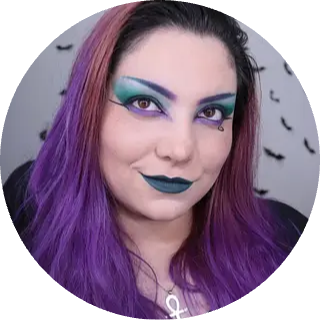
Larissa Mendes is a 25-year-old woman, graduating in social communication from Unicamp (Brazil), with a passion for fiction, mainly audiovisual. She currently works with event diffusion and content creation in a tech company and is also a content creator for social media. She produced and directed short films during college, two of which have already circulated in festivals.
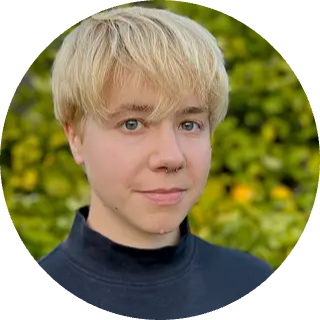
C.A. Munn is a New Orleans-based writer and theater-maker. They received their M.F.A. in playwriting from the University of New Orleans in 2022. Their plays have been produced and read at events and venues such as the Mid-America Theatre Conference, UNO School of the Arts, and Theatre Oxford in Oxford, MS. Munn has been a finalist for the International Literary Awards’ Rita Dove Prize in poetry, a semi-finalist for the American Short Fiction Halifax Ranch Prize, and a Pushcart nominee in fiction. Their story “The Mantis” was recently named a runner-up in the 2023 Saints and Sinners LGBTQ Literary Festival fiction contest, and will be published in the festival’s fiction anthology. Munn’s work can be found on the Ploughshares Blog and in Screen Door Review, Peauxdunque Review, and Ellipsis Journal.
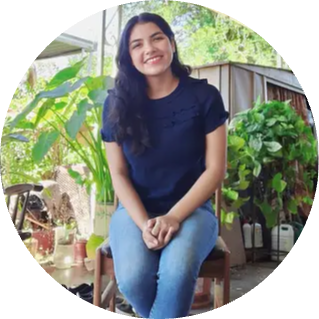
Lizbeth Luevano (she/her/ella) is a current undergraduate student at Stanford University studying Environmental Anthropology and Comparative Studies in Race and Ethnicity, with a Notation in Science Communication. Lizbeth uses portraiture and writing to engage with activism and is passionate about using story reclamation, traditional ecological knowledge, and mutual aid to reassert community agency amidst local environmental mismanagement and bring about narrative change. Having been raised in the Coachella Valley, and hailing from a family of migrant field workers, Lizbeth has a vested interest in understanding dispossession and unraveling how we navigate a geopolitical terrain where land and labor exploitation are irrevocably intertwined. She is an aspiring immigration rights lawyer hoping to assist individuals who have been subjected to environmental injustices and she enjoys learning more about borderland literature and imaginative ways of constructing resistance. She has been recognized by the Gates Scholarship, the Horatio Alger Foundation, and the Hispanic Heritage Youth Awards for her academic performance and community involvement. Currently, she is a workshop facilitator with the Outdoorist Oath, helping people imagine an equitable way of recreating and living in the outdoors. At Stanford, she is involved with SproutUp, bringing an environmental education curriculum to first grade students, and also helps develop educational materials for Earthtones, an annual environmental justice festival at Stanford University. In her free time, she enjoys hiking the desert landscape and hanging out with her chihuahua, Scooby.
Leading Experts The One Humanity Writing Collective Collaborated With
In the ‘One Humanity’ Universe, collective members and experts from the Syllble Brain Trust have joined forces, engaging in dynamic salon discussions and presentations across a spectrum of crucial subjects. These interactions encompass critical research and visionary glimpses into the future, all aimed at igniting inspiration for the writers science fiction narratives.

Dr. Athena Aktipis is an Associate Professor in the Department of Psychology at Arizona State University and co-Director of The Cooperation Science Network and The Human Generosity Project. She studies cooperation across systems from human sharing to cancer. She is the founder of Zombified Media; host of the podcast, Zombified, and author of the book from Princeton University Press, The Cheating Cell: How evolution helps us understand and treat cancer. When COVID-19 was on the verge of becoming a pandemic, she started the Cooperation in the Apocalypse project to better understand how crises affect cooperation, interdependence and other social behaviors. She is passionate about building interdisciplinary teams to tackle tough questions, empowering students to learn about the topics they are most curious about, and leveraging cooperation theory to improve our universities and the broader communities in which we are all embedded. She also has fun writing and performing comedy, especially musical parodies about the apocalypse and zombification
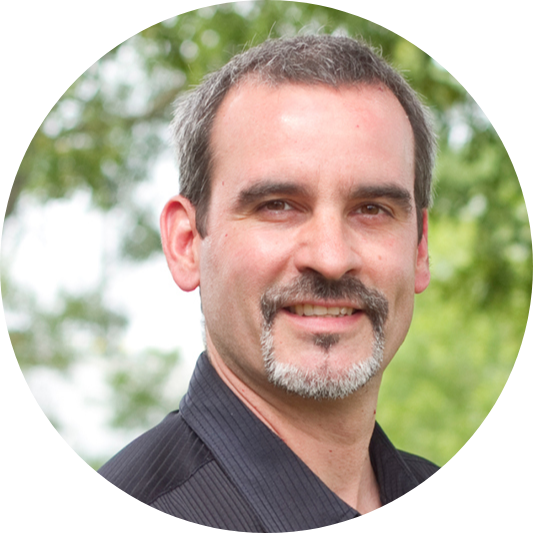
Dr. Carl Stauffer is a Senior Expert, Reconciliation at United States Institute of Peace. He has taught Restorative and Transitional Justice at the graduate Center for Justice and Peacebuilding (CJP), at Eastern Mennonite University in Virginia, USA. He concurrently serves as Co-Director of CJP’s Zehr Institute of Restorative Justice and is the Academic Director of the Caux Scholars Program in Switzerland. Stauffer has functioned as founder, director, academic coordinator and instructor for peace and justice institutes on four continents. As a seasoned conflict transformation and peacebuilding practitioner, Stauffer has done consulting and training with organizations such as UNDP, USAID, World Vision, ICRC, Asia Foundation, CRS, Tear Fund, SIDA, Oxfam, and the Ministry of Justice of Jamaica, Ministry of Community Development, Arts & Culture of Trinidad & Tobago, and the Ministry of Safety & Security of South Africa
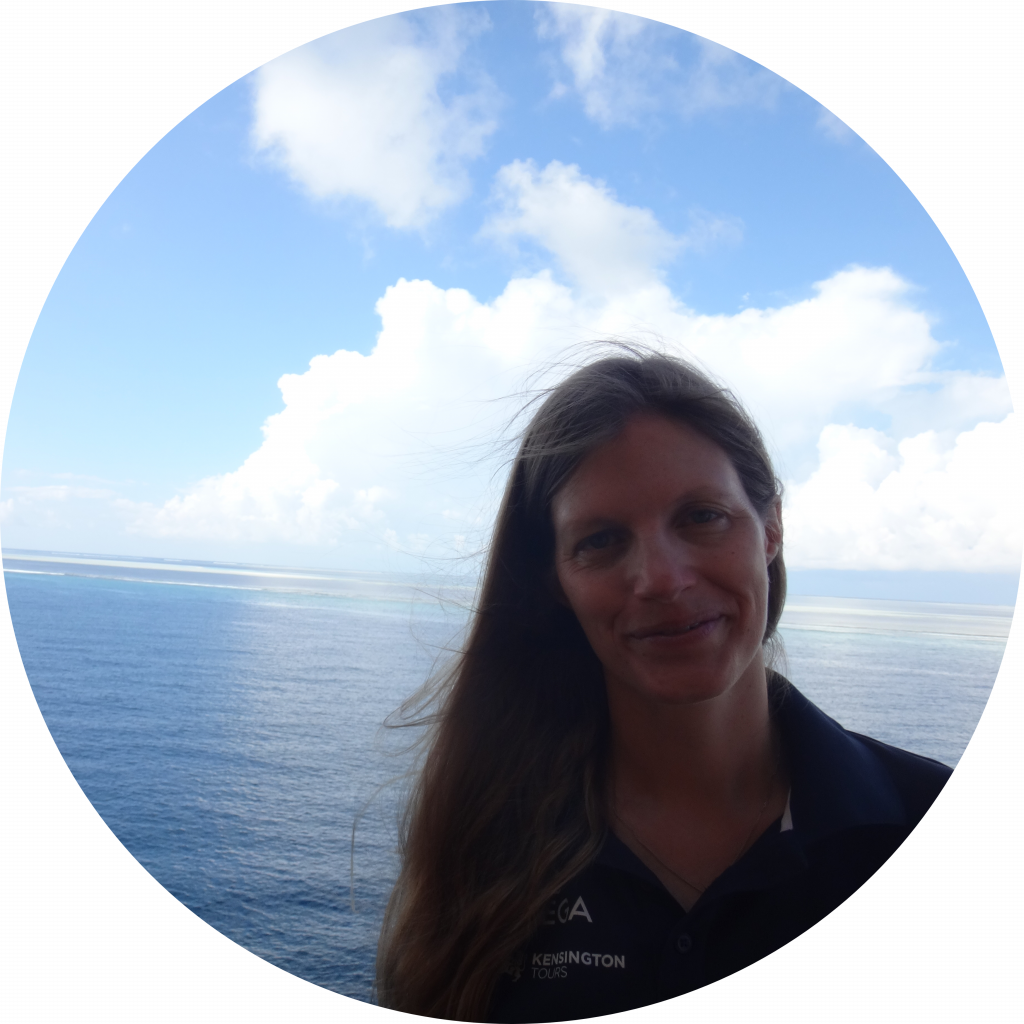
Dr. Lucy Woodwall is the Principal Scientist at the Nekton Foundation. Senior Research Fellow at Department of Zoology, University of Oxford. Her research seeks to understand the impacts of humans on the marine environment and explore the mechanisms and processes that drive biodiversity in this biome. Working on deep sea and coastal systems, she has explored many challenges of ecosystem management. The work she led on deep-sea communities and the consequences of marine litter and microplastics, addresses the immediate challenges of anthropogenic debris, and elucidates ocean-scale patterns of diversity in this under-explored environment. She continues to seek to document and understand ocean health by leading the science output for marine science expedition
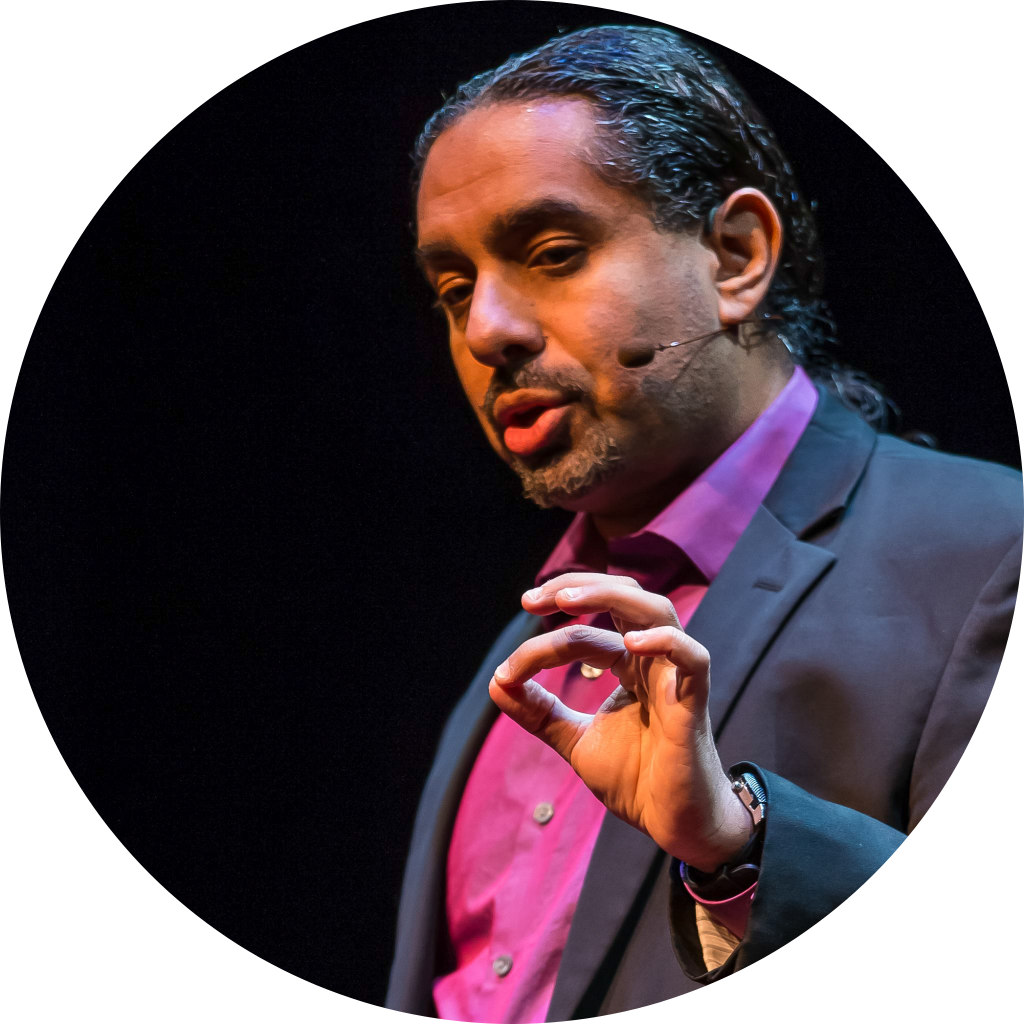
Ramez Naam is an American technologist and science fiction writer. He is best known as the author of the Nexus Trilogy. His other books include The Infinite Resource: The Power of Ideas on a Finite Planet and More than Human: Embracing the Promises of Biological Enhancement. He is currently co-chair for energy and the environment at Singularity University. Earlier in his life, Naam was a computer scientist at Microsoft for 13 years, and led teams working on Outlook, Internet Explorer, and Bing
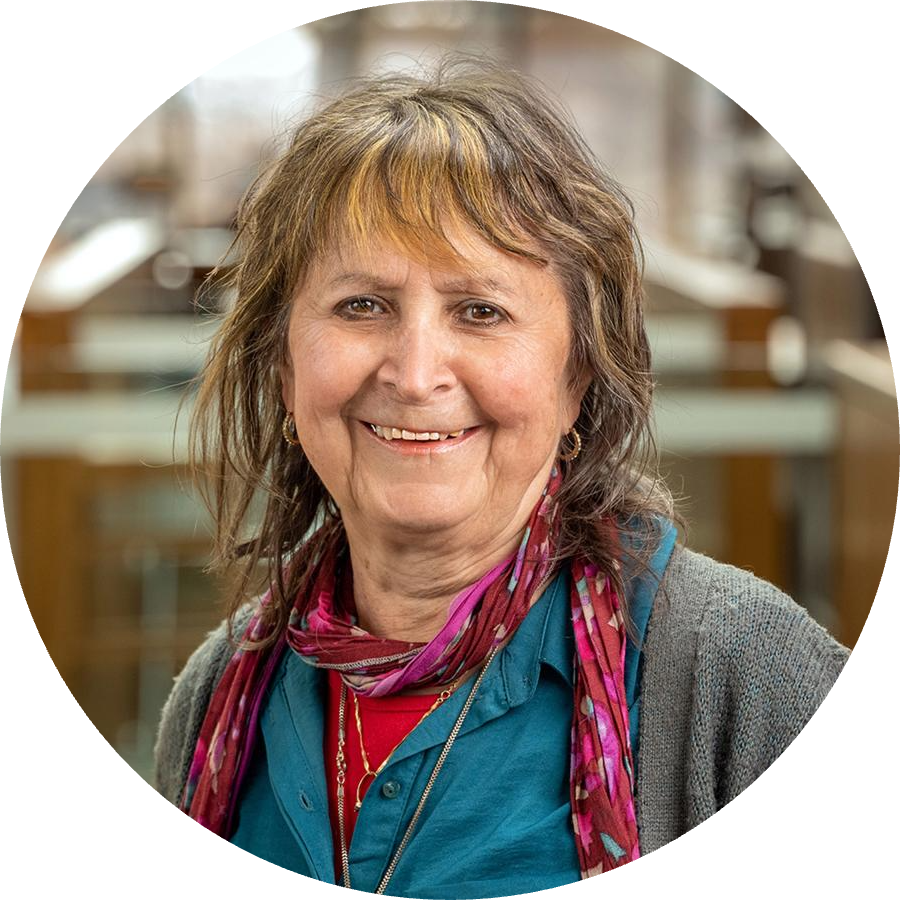
Dr. Florencia Montagnini is a Senior Research Scientist at Yale School of the Environment and The Forest School. She is also Director of the Program in Tropical Forestry and Agroforestry. She also works as a consultant advising projects related to her expertise in tropical forestry, agroforestry and rural development worldwide.
Dr. Montagnini has a B.S. in Agronomy from the National University of Rosario, Argentina; an M.S. in Ecology from the Venezuelan Institute for Scientific Research (IVIC); and a Ph.D. in Ecology from the University of Georgia, USA. She holds honorary professorships at several universities in Latin America. From 2001 to 2012 she was a Professor in the Practice of Tropical Forestry and Director of the Program in Tropical Forestry of the Global Institute of Sustainable Forestry, Yale University, School of Forestry and Environmental Studies (now named Yale School of the Environment), from 1997-2000 she was the Head of the Area of Forests and Biodiversity at the Tropical Agriculture Research and Higher Education Center (CATIE), from 1989-1997 she was first and Assistant Professor and then an Associate Professor in Tropical Ecology and Director of the Tropical Resources Institute at Yale F&ES; and from 1985-1989 she worked for the Organization for Tropical Studies (OTS) in Costa Rica as a consultant and as Academic Coordinator.
Florencia Montagnini’s research focuses on variables controlling the sustainability of managed ecosystems with emphasis in the tropics, including forest, tree plantations and agroforestry systems, with a special emphasis on Latin America; sustainable land use systems that integrate ecological principles with economic, social, and political factors; the principles and applications of forest landscape restoration; the reforestation of degraded lands with native species, including mixed-species plantations; identification and quantification of ecological services provided by forest ecosystems, including biodiversity, carbon sequestration and watershed protection; organic farming using indigenous resources; Payments for Environmental Services as tools to promote restoration, conservation, and rural development. Biodiversity conservation in human dominated landscapes; biodiversity islands
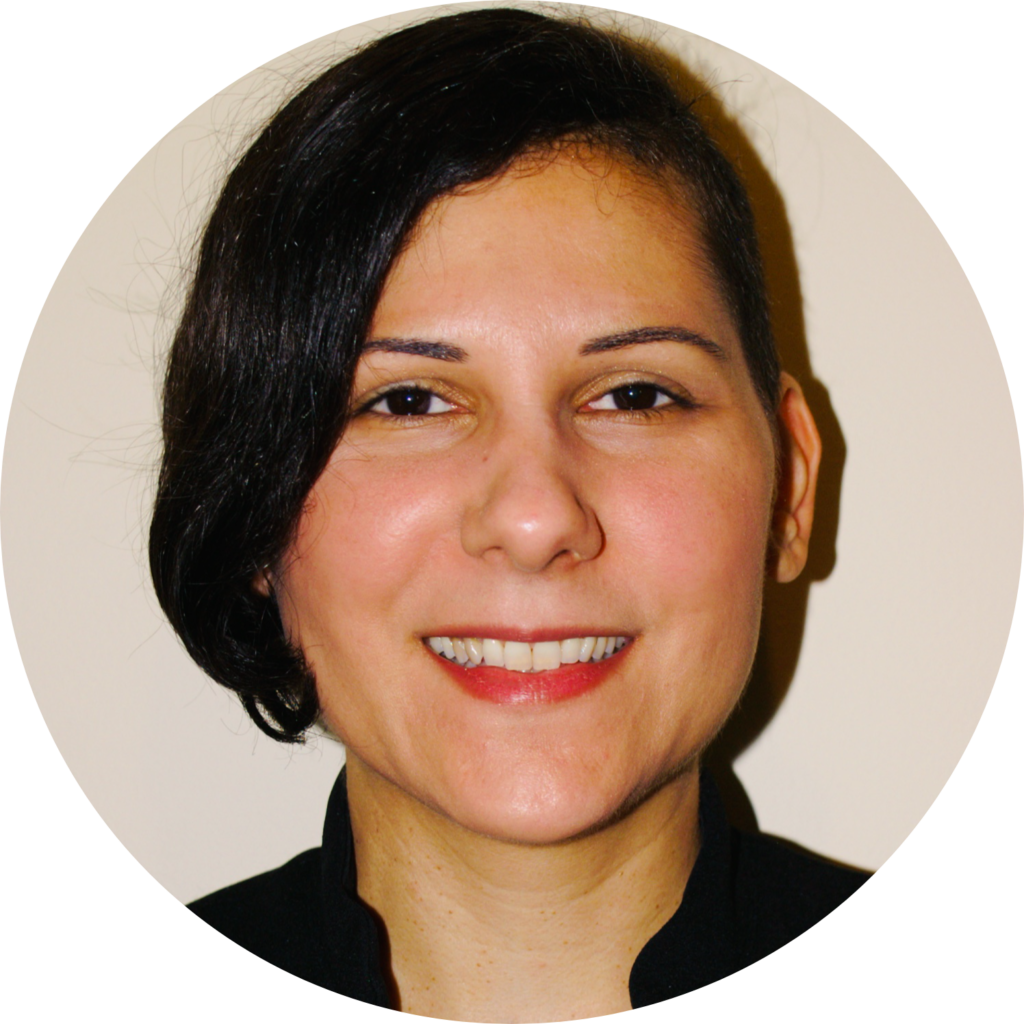
Joy Sanchez-Taylor is an Associate Professor of English at LaGuardia Community College (CUNY) whose research specialty is intersections between science fiction, fantasy, and critical race theory. Her forthcoming book Diverse Futures: Science Fiction and Authors of Color (The Ohio State University Press, Fall 2021) examines the contributions of late twentieth and twenty-first century U.S. and Canadian science fiction (sf) authors of color to the genre. By exploring science fiction tropes such as genetic manipulation, post-apocalyptic settings, first contact narratives, and Indigenous sciences, Diverse Futures demonstrates how Black, Latinx, Indigenous, and Asian American sci-fi authors employ these tropes to critique the colonization and alienation of peoples of color
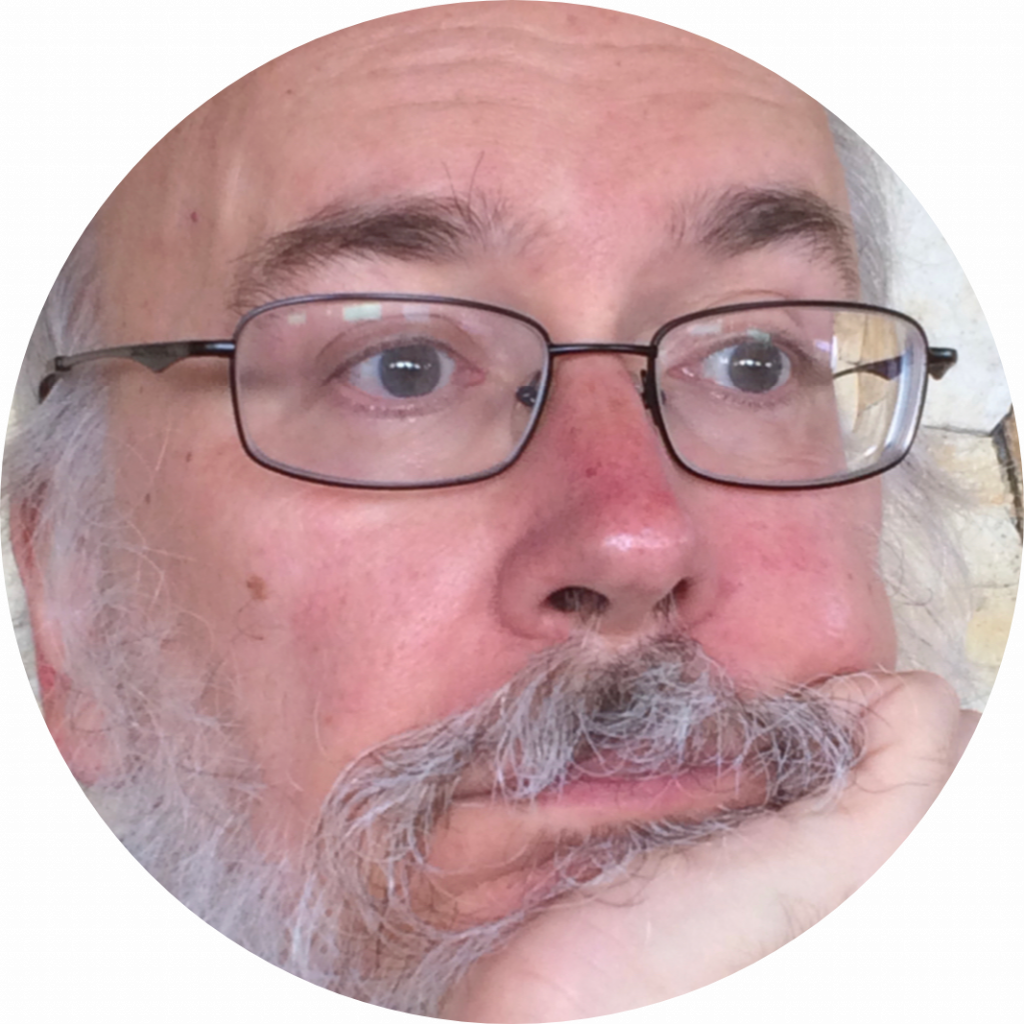
Dr. Henry Jenkins is an American media scholar and Provost Professor of Communication, Journalism, and Cinematic Arts, a joint professorship at the University of Southern California (USC) Annenberg School for Communication and Journalism and the USC School of Cinematic Arts. He also has a joint faculty appointment with the USC Rossier School of Education. Previously, Jenkins was the Peter de Florez Professor of Humanities as well as co-founder and co-director (with William Uricchio) of the Comparative Media Studies program at the Massachusetts Institute of Technology (MIT). He has also served on the technical advisory board at ZeniMax Media, parent company of video game publisher Bethesda Softworks. In 2013, he was appointed to the board that selects the prestigious Peabody Award winners. Jenkins has authored and co-authored over a dozen books including By Any Media Necessary: The New Youth Activism (2016), Spreadable Media: Creating Value and Meaning in a Networked Culture (2013), Convergence Culture: Where Old and New Media Collide (2006), Textual Poachers: Television Fans and Participatory Culture (1992), and What Made Pistachio Nuts?: Early Sound Comedy and the Vaudeville Aesthetic (1989). Beyond his home country of the United States and the broader English-speaking world, the influence of Jenkins’ work (especially his transmedia storytelling and participatory culture work) on media academics as well as practitioners has been notable, for example, across Europe as well as in Brazil and India
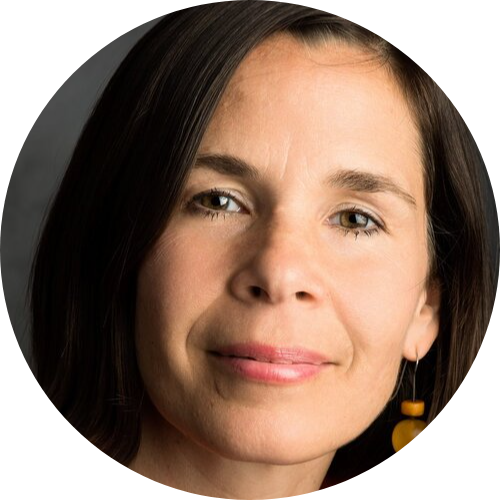
Dr. Catherine Barnes has worked for conflict transformation and social justice for more than thirty years. She is an affiliate faculty member of the Center for Justice and Peacebuilding at Eastern Mennonite University and a freelance practitioner and researcher. Catherine has extensive experience facilitating conversations on challenging topics, in locations ranging from the UN General Assembly Hall to village gathering places. She is increasingly focused on designing whole-of-system deliberative dialogue processes and training other practitioners in these skills
Examples of recent processes she has helped to design and facilitate range from workshops for the Afghan High Peace Council, the Mennonite Church USA’s Future Church Summit, a multi-stakeholder process to develop a vision for the Shenandoah River Watershed, a faculty-staff conference, and community dialogue for racial healing in her home town in Virginia’s Shenandoah Valley. She finds that underlying process design principles can span these widely divergent contexts
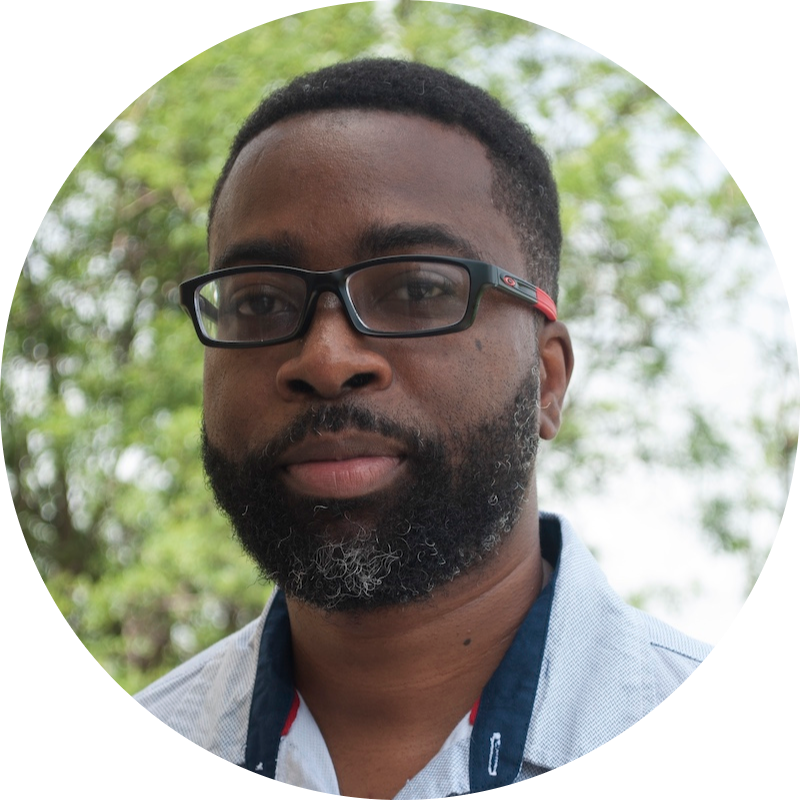
Dr. Neil Oculi is an interdisciplinary political geographer. He received his Ph.D. in geography and M.A. in international studies from the University of Connecticut. He also holds a B.A. in human ecology from College of the Atlantic in Bar Harbor, Maine, and studied farm management and rural development at the United World College in Venezuela. Neil has taught courses in geography, globalization, and global environmental politics at the University of Connecticut. Before joining the University of Portland, Neil was the resident lecturer in environmental policy and socioeconomic values at the Center for Marine Resource Studies in the Turks and Caicos and an adjunct professor at the University of Hartford, teaching courses in environmental studies and environmental justice. His research interests include the vulnerability of small island development state (SIDS), foreign policy analysis, international climate change policy, modeling of sea-level rise within SIDS, and hydro and hydraulic modeling of flood events within SIDS. His research adventures have taken him to Venezuela, Mexico, Tanzania, and the Caribbean, his home region. Born and raised in Saint Lucia, Neil’s passion for environmental justice and climate change sprouted during his time as the president of a local environmental club, the Mabouya Valley Environmental Club, where he managed local environmental projects such as river stabilization, watershed management and education, and youth heritage tourism initiatives
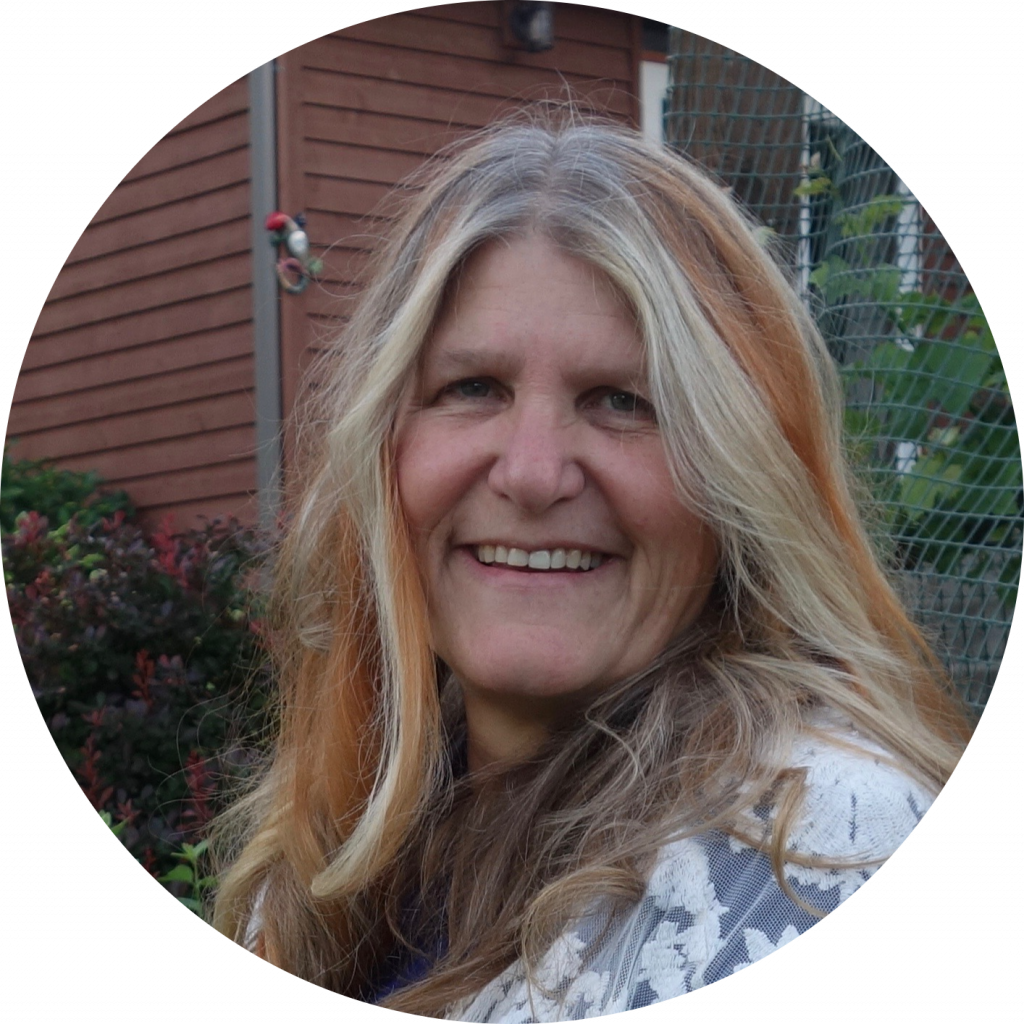
Brenda Cooper is the author of nine science fiction and fantasy books. Her most recent novels are POST (Espec Books, 2016) and Spear of Light (Pyr, 2016). Her other works include Edge of Dark (Pyr, 2015), The Creative Fire (Pyr, 2012), and The Diamond Deep (Pyr, 2013) as well as the Silver Ship and the Sea series (available in audio today, and soon to be re-released via Wordfire Press) and Building Harlequin’s Moon, with Larry Niven (Tor, 2005). Her most recent short fiction includes “The Hand on the Cradle” (Humanity 2.0, 2016), “Iron Pegasus,” (Mission Tomorrow, 2015), Biology at the End of the World (Asimov’s, August 2015), and Elephant Angels (Heiroglyph, 2014). Brenda blogs frequently on environmental and futurist topics, and her non-fiction has appeared in Slate and Crosscut. She is the winner of the 2007 and 2016 Endeavor Awards for “a distinguished science fiction or fantasy book written by a Pacific Northwest author or authors.” Her work has also been nominated for the Phillip K. Dick and Canopus awards. A technology professional, Brenda is the Chief Information Officer for the City of Kirkland, which is a Seattle suburb. Brenda was educated at California State University, Fullerton, where she earned a BA in Management Information Systems. She is also pursuing an MFA at StoneCoast, a program of the University of Southern Maine. Brenda lives in Bellevue, Washington with her family and three dogs
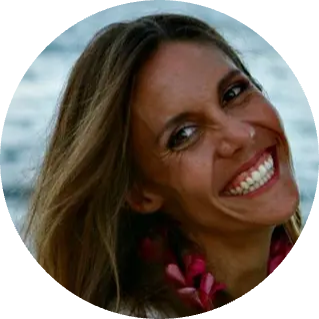
Lauren Bickley is based on the island of Maui. She serves as the Hawaii Regional Manager at the Surfrider Foundation and supports the state’s five chapters spread across four islands. An ocean addict from a young age, Lauren first got involved with the Surfrider Foundation in college while leading the University of Miami Club Chapter. It was through her involvement with Surfrider Foundation that her interest in marine sciences switched from data gathering and lab work to front-line, ocean activism. Her experiences led her to California where she received her Masters Degree in Environmental Science and Management. Lauren has spent over a decade working to protect Hawaii’s marine environment and volunteering with the Maui Chapter. She is passionate about tackling plastic pollution, speaking up for the ocean, and surfing perfect lefts
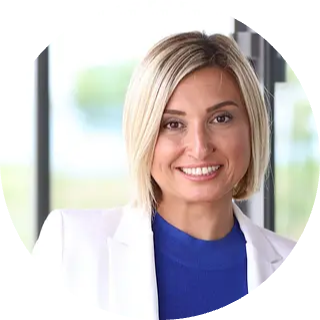
Dr. İlkay Altıntaş, a research scientist at the University of California San Diego, is the Chief Data Science Officer of the San Diego Supercomputer Center as well as a Founding Fellow of the Halıcıoğlu Data Science Institute. She is the Founding Director of the Workflows for Data Science (WorDS) Center of Excellence and the WIFIRE Lab. The WoRDS Center specializes in the development of methods, cyberinfrastructure, and workflows for computational data science and its translation to practical applications. The WIFIRE Lab is focused on artificial intelligence methods for an all-hazards knowledge cyberinfrastructure, becoming a management layer from the data collection to modeling efforts, and has achieved significant success in helping to manage wildfires. Since joining SDSC in 2001, she has been a principal investigator and a technical leader in a wide range of cross-disciplinary projects
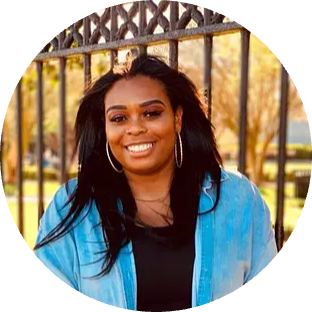
Jessica Dandridge is the Executive Director of The Water Collaborative. She has dedicated her to life to community advocacy and campaign development for organizations seeking to be socially, economically and culturally inclusive. Through socially innovative engagement strategies, Ms. Dandridge has cultivated spaces for learning and the advancement of campaigns through collaboration, risk mitigation, and resource mobilization. Ms. Dandridge received her B.A at Xavier University in Political Science and her M.A in International Affairs with a concentration in security in conflict The New School for Public Engagement in New York City. Since starting her career in advocacy and non-profit management at age 15, she has learned international techniques through civil rights champions and research-based models to formulate multidisciplinary approaches to problem-solving. Since 2005, she has worked for, or in collaboration with dozens of organizations in the Greater New Orleans area including Fyre Youth Squad, Rethink, Puentes, JJPL, The Algebra Project, and Finding Our Folk
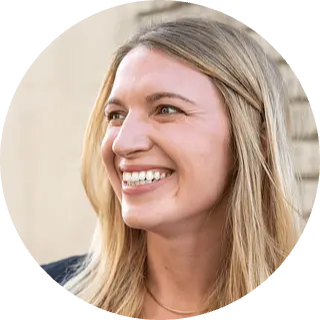
Bryn Lindblad’s experience in forging and facilitating cross-sector collaborations for greater climate resilience serves her well in this strategic leadership position. Before moving to Los Angeles, Bryn worked as a policy analyst and consultant in Copenhagen, Denmark, where her primary focus were on life cycle-oriented governance mechanisms and integrated natural resource management. Before moving to Europe’s green capital for the COP15 climate conference, Bryn worked with the non-partisan Twin Cities nonprofit Citizen League on fostering new forms of civic engagement to inform public policy decisions. Bryn was on Capital Hill before that, working on Senator Amy Klobuchar’s environmental policy team, helping to prepare the freshman senator for committee hearings and draft legislation with bipartisan appeal. Bryn has also worked on the regulatory side of environmental protection in the Bureau of Intergovernmental Affairs at NYC’s Dept. of Env. Protection, where water supply and wastewater management were the main concerns. She has a Masters in Technological and Socio-Economic Planning from Roskilde University (Denmark), and a BA in Political Science, Public Policy, and Environmental Studies from Swarthmore College
World summary/overview
In the year 2060, we find ourselves in an alternate version of Earth. “The universe of ‘One Humanity’ stands as a singular and extraordinary realm, where three distinct and separate locations, akin to worlds unto themselves, have been forged for the exploration of our possible futures. One of these realms is aboard a sentient vessel called the SS State of Mind, endlessly traversing the globe while engaging with Arctic and climate refugees. Another unfolds on the mystical Island of Ezperanda, home to indigenous inhabitants endowed with extraordinary mystical powers engaging the broader world and visitors. The third world exists within a contemporary inland city, Halcyon Mountain Range, where modernity faces the brunt of a changing planet.
Themes of The World
This altered world is characterized by three dominant themes that govern its inner workings: radical shifts in climate, the evolution of economic systems, and the concept of fluid travel boundaries. Across the globe, these three pivotal factors have left an indelible mark, profoundly shaping and reshaping humanity.
Extreme climatic changes
Rising animal extinction: There has been a rise in the disappearance of endangered species who have now become extinct
Habitat loss: Fast destruction of ecology everywhere – forests, oceans, plains and more. Animal migration patterns disturbed
Commodification: whole industries have been born trying to protect and hold on to the past that has slipped away because of these extreme climatic challenges and mass migration. The cultural and emotional connections people associate with animals, plants and food have mostly disappeared
This rise of corporations: that fill the need of disappearing and animals with virtual experiences, AI, synthetic foods that become patented and the life of the past has become commodified.
Rise of climate refugees and displacement: Similar to the indigenous groups who now are displaced and hold myths and legends of their ancestral lands. Now many of the climate refugees leave and no longer inhabit locations where generations have lived for ages now climate change has taken hold of it. Some locations will be more multiculturally diverse as other locations will be more homogenous as they reject refugees.
Reconstruction of identity: A lot of identities are being reconstruction from displaced people on a large scale.
Evolving economic systems
Many countries are faced with the brunt of global challenges. They have begun to place in the forefront of their infrastructures many series of experimentations and implementation projects in the pursuit of deep innovations to advance their societies especially innovating the social safety net such as:
Universal basic income (UBI): a government program in which every adult citizen receives a set amount of money regularly. The goals of a basic income system are to alleviate poverty and replace other need-based social programs that potentially require greater bureaucratic involvement.
Universal basic healthcare: it means that all people have access to the health services they need, when and where they need them, without financial hardship. It includes the full range of essential health services, from health promotion to prevention, treatment, rehabilitation, and palliative care.
Universal access to education: is the ability of all people to have equal opportunity in education, regardless of their social class, race, gender, sexuality, ethnic background or physical and mental disabilities.
Path towards a non-resource based sector or 100 percent renewable: Resources not coming from the earth and a slow transitional and push for renewable energies Renewable resources include biomass energy (such as ethanol), hydropower, geothermal power, wind energy, and solar energy
Discretionary Travel Borders
Neutrality of borders: many borders of countries are holding neutral spaces where nationalities are disintegrating. The Nation-state model of a society is being challenged and is transforming in many informal ways. Centers of power are shifting.
Evolution of the ‘citizen’: There’s a grand transformation of citizenship in this world and how people see humanity
The realignment of citizenship is built on three areas: territorial, cultural and economic. There are new latitudes for the few and new restrictions for the many. Economic wealth is now a passport to citizenship
Borders as a place of fear: When people are at the borders there’s a lot of threat and apprehension too, it’s some kind of mystery. Most cannot control what happens in the border. Borders are both very open and very closed.
The Worlds Inside The One Humanity Universe
SS State Of Mind
There exists a sentient ship that is a character in its own right – it has a version of consciousness, which may not be apparent from the outset.
The ship is a community of its own functioning within broader community of multiple ships which links to themes of shifting borders, housing climate refugees, neurotechnology (job selection and health checks link to neuro-technology, as well as more extreme experimentation).
There are different classes of ships – for rich and poor (universal basic income doesn’t necessarily equalize people’s lives).
Themes of truth and identity relate to missing loved ones (climate refugees), as well as the mystery of how the ships group people for work as they come aboard etc.
The Island of Esperanza
The island used to be attached to either the mainland or a larger island, but rising sea levels cut it off. Climate is temperate rain forest (Pacific coast). Rising sea levels continue to encroach on the island’s land area, but rising temperatures improve agriculture on the island.
The human inhabitants created a small society on the island as a demonstration of sustainable societies, but have gradually become more isolated from the mainland in pretty much every way. The sea has now flooded some caves near the coast, driving forth the non-human Forest People, who have up to now lived in hiding.
Halcyon Mountain Range
When the scarlet tern of the flatlands at the base of the Halcyon Mountain Range, thought to be extinct for half a century (historically known to be a harbinger of good harvests and originally used by forager humans to hunt out edible roots) is spotted again near the now-abandoned, former agricultural village now-designated Grid 2501 and legally unclaimed.
It ignites a scientific and economic gold rush in the area with interested stakeholders such as the philanthropic Shirokuma Institute and the profiteering Ubi Brand Commodities corporation competing for control over any scientific discoveries and the rights to the area.
But now they have no option: they must come out and into the awareness of the human inhabitants, or die.
ABOUT ONE HUMANITY WRITING COLLECTIVE
Every year the One Humanity Writing Collective pairs women and non-binary creative writers and visual artists from around the world to write stories inspired by their shared experiences and ideas to imagine solutions to the worlds toughest problems.
The One Humanity Writing Collective, a collaboration between Syllble and The Innovation Station at the U.S. Department of State Secretary’s Office of Global Women’s Issues, pairs women and non-binary creative writers from around the world (specifically, 3 – 9 writers and visual artists from U.S. locations and 3-9 writers and visual artists from international locations) to write science fiction stories inspired by their shared experiences and ideas. Locations will come from California, Louisiana, U.S. Caribbean Islands, Brazil, Guatemala and Pacific Islands.
Participating writers and visual artists will create 10 years later in one of the worlds inside the “One Humanity Universe.” This will provide the backdrop for their stories. Subsequently, writers within each pair collectively craft short stories in response to monthly writing prompts inspired by global climate challenges as it relates to the locations.
The six-month program culminates in the publication of each pair’s complete story collection.
Writer And Visual Artist Eligibility:
- Must live, work, or study in the country or U.S. state designated as part of the “pair.”
- Must be a emerging or mid-career writer or visual artist
- Must identity as a women or non-binary
- Must be able to commit to and participate in the program’s complete one-year timeline (see responsibilities and frequency in the “Writing Timeline” below)
- Writers and visual artists who have or are pursuing an undergraduate or graduate degree in creative writing or a related field, or who possess similar work experience, are encouraged to apply.
- Writers and visual artists who self-identify as coming from underrepresented communities are encouraged to apply.
General Writing Timeline:
- Overall Program
- Application opens November 2022
- “World”-building Introduction February 2023 Six-month program ends August 2023
Introduction and “World”-Building (Month 1)
- “World”-building Introduction February 2023 Six-month program ends August 2023
- All writers and visual artists will gather for weekly virtual sessions with Syllble to build upon the One Humanity World, including setting and new characters, on which their stories will be based throughout the program. To aid in “world”-building and discussion, writers will individually draft flash stories that explore the “world” and some of its characters.
Monthly Writing Prompts (Months 2-7)
- o Week 1: A new writing prompt will be introduced in the first week of each month during a virtual salon. All writers and visual artists, as well as subject-matter experts related to the prompt topic, join the salon to discuss, ask questions, and generate ideas. Thereafter, each country-state “pair” pitches one story idea addressing the prompt on Syllble’s Platform to solicit feedback and through internal conversations.
- o Week 2: Each pair selects a lead writer and a lead illustrator who will be the primary drafter of a 1,000-5,000-word story based on the world’s setting, characters, and monthly prompt. The lead writer is responsible for incorporating the ideas of fellow writers within his or her pair. At the end of the second week, the lead writer posts the first draft of the story in Syllble’s Google Docs.
- o Week 3: All writers and visual artists read and provide feedback on the stories submitted by the other pairs. By the end of the week, the lead writer for each pair completes revisions to generate his or her pair’s final draft for the month (which will be included in the pair’s end-of-year story collection).
- o Week 4: All writers will access the final drafts and vote for the month’s top story. The top story will undergo workshopping with Syllble’s editor to explore possibilities for early (i.e., pre-end- of-year) dissemination.
- All writers and visual artists will gather for weekly virtual sessions with Syllble to build upon the One Humanity World, including setting and new characters, on which their stories will be based throughout the program. To aid in “world”-building and discussion, writers will individually draft flash stories that explore the “world” and some of its characters.
The Application for creative writers and visual artist from the specified locations is closed.
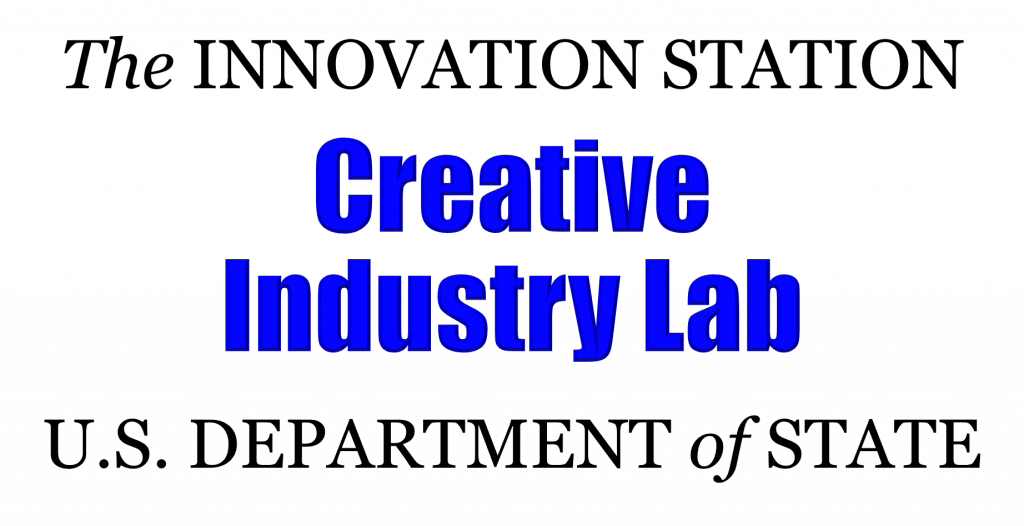
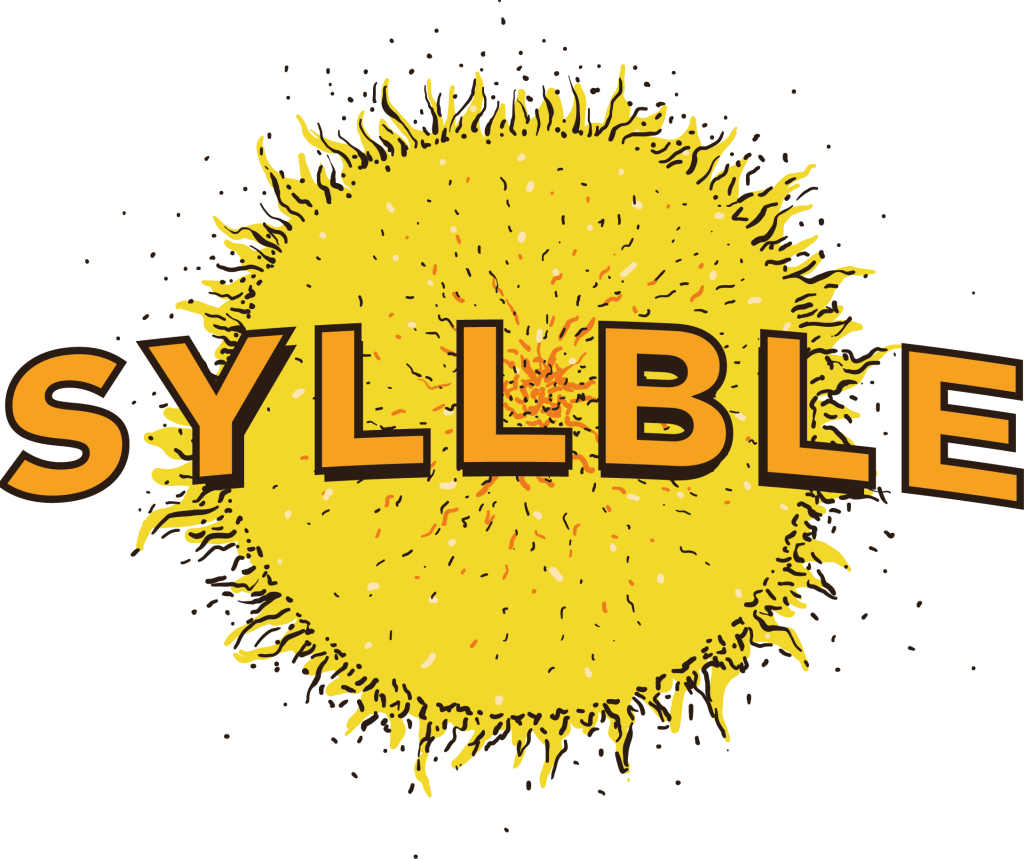
If you have any questions please contact the Syllble Team at productionhouse@syllble.com
SYLLBLECON 2022 // Oct 28: One Humanity – Using Sci-fi To Solve The Worlds Toughest Issues
World News
“Creative Writers Imagine Solutions to Climate Challenges” in U.S Department of State DipNote
“One Humanity Writing Collective Wins ‘World of the Year’ Award at Syllblecon 2023” in Syllble News
“Celebrating Two Years of the Innovation Station: Amplifying Woman and Girl Innovators” in U.S Department of State DipNote
“Announcing The New Members Of The 2023 One Humanity Writing Collective” in Syllble News
“The Women and Non-Binary Science Fiction Writers of The One Humanity Writing Collective Launches Next Phase To Address Our Global Climate Crisis” in Syllble News
“The One Humanity Writing Collective Launches” in Art to Change The World
WORLD FORUM
